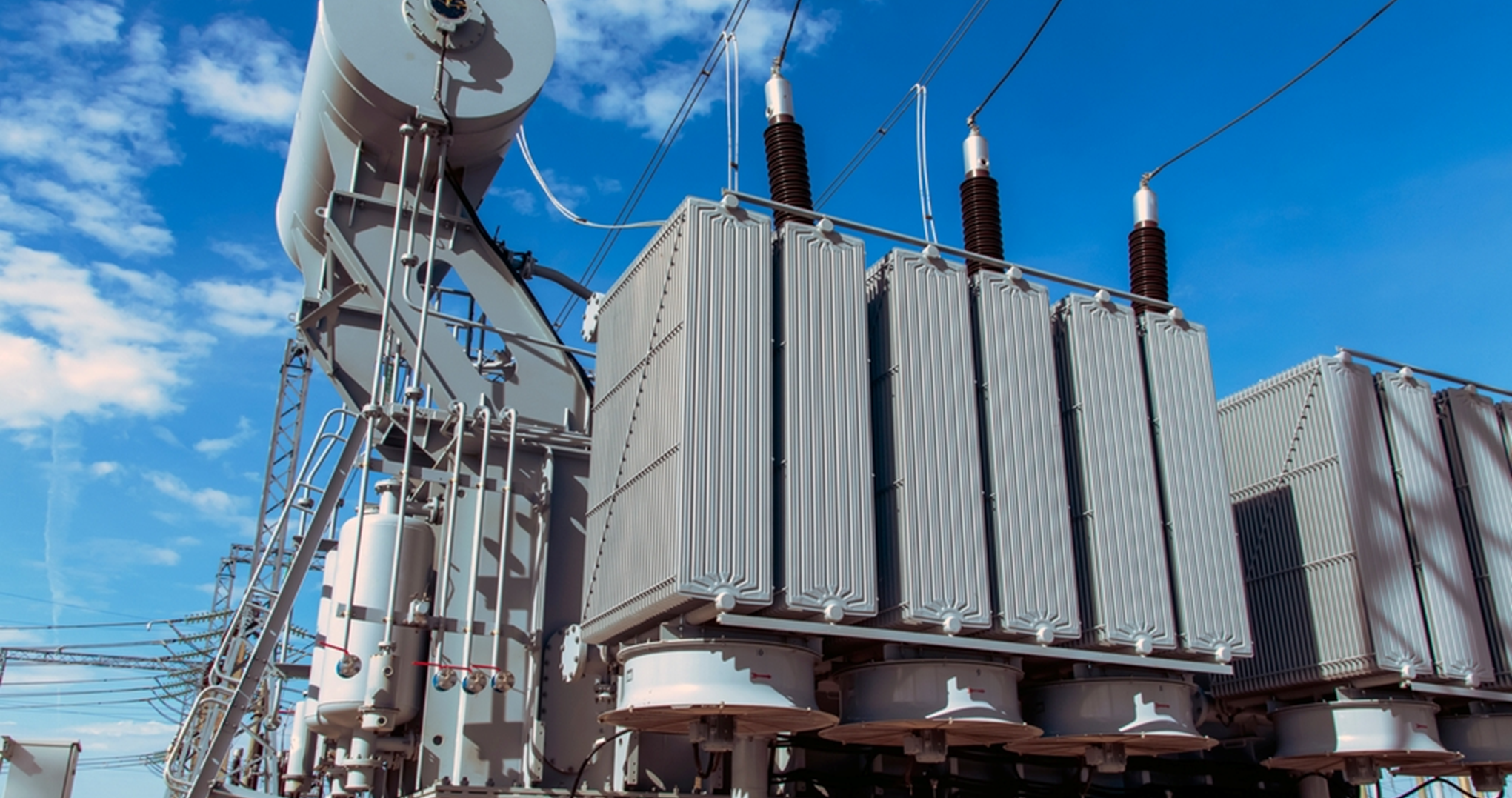Our recommendations
KERC Introduces Progressive Open Access Regulations to Empower Karnataka’s Power Sector Stakeholders
The Karnataka Electricity Regulatory Commission (KERC) has unveiled the Terms and Conditions for Open Access Regulations, 2024, a pivotal step towards democratizing the power market in Karnataka by enabling non-discriminatory open access to transmission and distribution networks. These regulations mark a major shift in how electricity is traded and consumed, with a strong focus on renewable integration, consumer empowerment, and grid reliability.
The regulation provides a structured framework for short-term, medium-term, and long-term open access, applicable to all eligible consumers and generators, including captive, renewable, and conventional sources. With clearly defined rights, obligations, and application procedures, the new rules aim to enhance transparency, grid discipline, and promote competitive energy procurement.
Key Features of the Regulation:
-
Structured charges for wheeling, cross-subsidy, additional surcharge, banking, scheduling, and system operations.
-
Inclusion of ABT-compliant metering, renewable energy banking provisions, and timelines for approvals.
-
Enhanced responsibilities for scheduling, forecasting, and deviation settlement through the involvement of SLDC.
Impact Analysis on Key Stakeholders
According to our team at eninrac consulting, the regulation impacts stakeholders as follows:
-
Renewable Power Developers: Must align with stricter scheduling and grid code norms, potentially increasing CAPEX for forecasting tools. (Neutral Impact)
-
DISCOMs: Face revenue pressures due to possible migration of high-paying C&I consumers and must invest in better load management. (Negative Impact)
-
C&I Consumers: Gain flexibility in sourcing cheaper and greener energy, but must manage scheduling and complex contracts. (Positive Impact)
-
Transmission Utilities: Required to invest in smart grid tools and improve infrastructure to handle RE variability. (Neutral Impact)
-
Power Traders: Access to new trading avenues but with added regulatory and portfolio management complexities. (Positive Impact)
Charges Impact on C&I Consumers
C&I consumers must factor in a range of charges which significantly influence energy procurement strategies:
| Type of Charge | Impact |
|---|---|
| Wheeling Charges | Cost of using the distribution network |
| Cross Subsidy Surcharge (CSS) | Compensates DISCOMs for revenue loss |
| Additional Surcharge | Levied if DISCOM power isn’t scheduled |
| Banking Charges | Cost of storing and withdrawing banked RE power |
| SLDC/Transmission Charges | State/national grid usage charges |
| Deviation Settlement Charges | Penalties for scheduling deviations |
| Green Attributes Premium | Optional cost for RECs/green energy |
| Scheduling & Metering Charges | Related to SLDC scheduling and ABT meters |
These charges, while encouraging responsible grid participation, also prompt C&I consumers to adopt efficient procurement and forecasting mechanisms.
Towards a Consumer-Centric, Competitive Power Market
The KERC Open Access Regulations, 2024 establish a robust legal and operational foundation for Karnataka’s power market. By incentivizing renewable adoption, promoting consumer choice, and reinforcing grid security, these reforms pave the way for a transparent, efficient, and future-ready electricity ecosystem.
Source: eninrac consulting, KERC OA Regulation 2025
Do you want to seek Eninrac assistance in helping you resolve some critical business issues? Engage with us and reach out to our experts by using the Request for Proposal (RFP) form.
BEST VISION IS INSIGHT
Combine market knowledge and your skill to contribute value for end consumers

Transformer Sales Surge: ₹75,000 Crore Opportunity Ahead

Solar Parks Development Status in India

EU Solar Market 2024: Utility- Scale Resilience Amidst A Slumping Rooftop
Get started with
EI Market personalised demo
Complete the form to get in touch with our sales team to see our Visionboard platform in action. We'll show you how you can use eninrac to build a culture of action of consistently hunting down and eliminating poor market research expriences across your companies line of business


